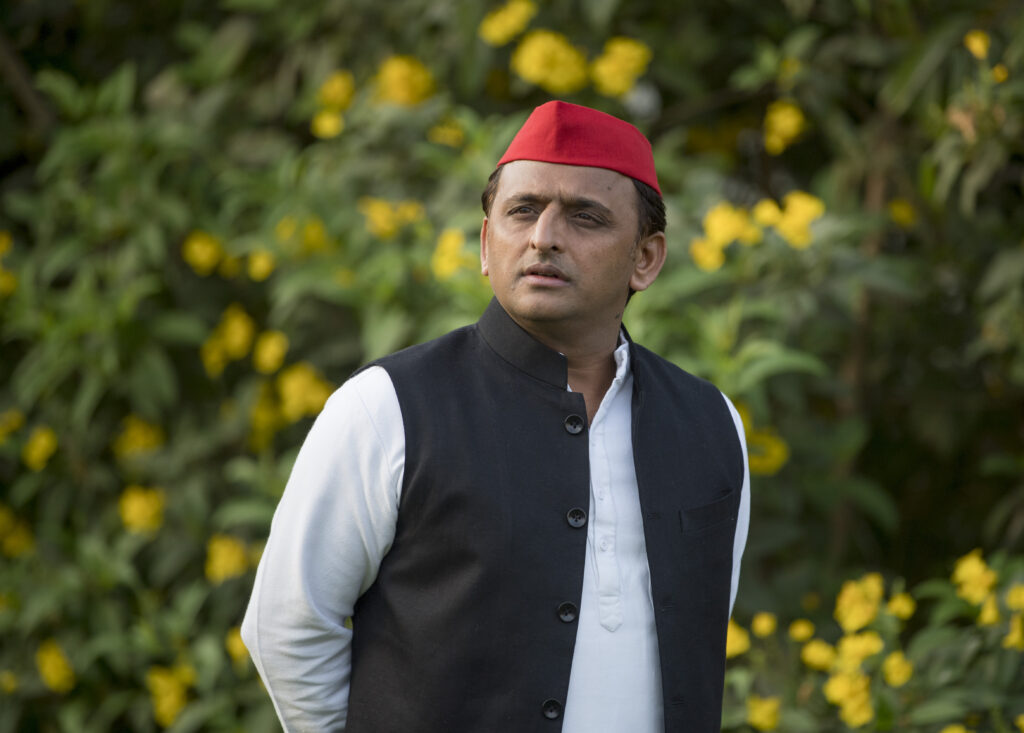
Samajwadi Chief Akhilesh Yadav
Akhilesh Yadav accuses UP Deputy Chief Ministers of fomenting caste conflict
Lucknow
Samajwadi Party (SP) chief Akhilesh Yadav has sharply criticised the Uttar Pradesh government, accusing its two Deputy Chief Ministers (DyCMs) of exacerbating communal tensions by supporting different caste factions in Kaushambi. The allegations surface amid rising concerns following a farmer’s suicide, believed to be triggered by disputes associated with local governance.
The tragic incident in Kaushambi involved the suicide of farmer Ram Babu Tiwari, whose final note claimed that he was falsely implicated after a conflict with village pradhan Bhoop Narain Pal. In response, local authorities suspended two sub-inspectors and launched disciplinary proceedings. Rather than calming the storm, the crisis, according to select opposition quarters, has intensified communal tensions in the area.
In a fiery statement, Yadav accused the state’s DyCMs of actively “backing opposing caste groups”—one aligned with the pradhan, representing the Pal community, and the other siding with Tiwari’s bereaved family. Yadav contended this reflects a destabilizing trend within the ruling party’s internal rivalries, stating, “This divisive behavior reflects internal factionalism within the BJP.”
Yadav further charged that top-tier leaders at both state and national levels are complicit, choosing strategic advantage over equitable governance: “BJP leadership … is quietly taking sides.” He condemned the approach as not only detrimental to communal harmony but harmful to democratic integrity, and warned the electorate is increasingly cognisant of such political manoeuvres.
The UP government, dominated by the BJP, has not publicly responded to Yadav’s charges, though some suggest the allegations reflect broader political manoeuvring amid mounting rural discontent. The Kaushambi incident has brought attention to growing mistrust in grassroots leadership and law enforcement—fuelling fears of community polarisation.
Local communities are also reacting apprehensively. Residents expressed frustration over perceived unequal application of law enforcement and a growing sense of fear in daily life. These views highlight broader anxieties about justice and safety in regions torn by identity-driven politics.
Political ramifications loom large. With next year’s Lok Sabha and assembly elections on the horizon, Yadav’s public reproach aims to galvanise his party’s support base, while casting the BJP’s divisive tactics in a negative light. The Samajwadi Party hopes the narrative will resonate with voters disillusioned with current governance.
Meanwhile, analysts see this episode as emblematic of a fresh wave of caste-based mobilization strategies employed by both parties. How the BJP and its DyCMs respond—whether through public denial, legal actions, or outreach—could shape not just regional sentiment, but the broader fabric of UP’s political and social ecosystems.
Read more National News here
